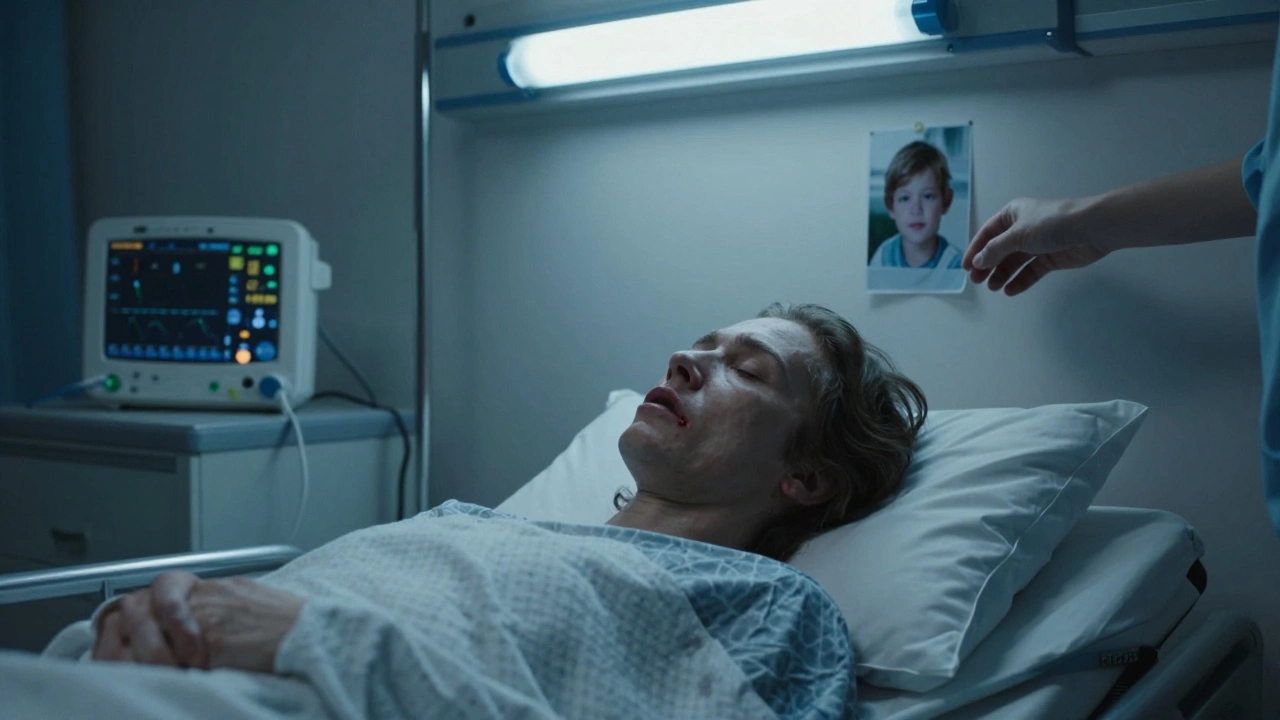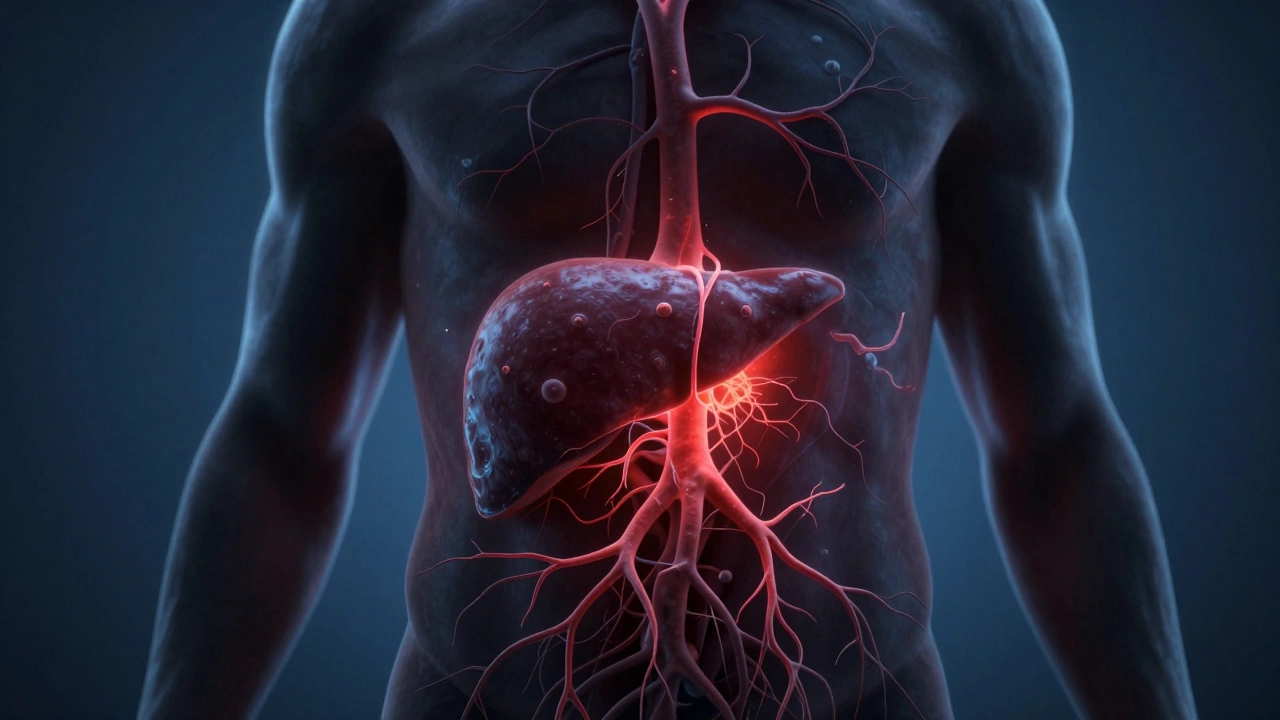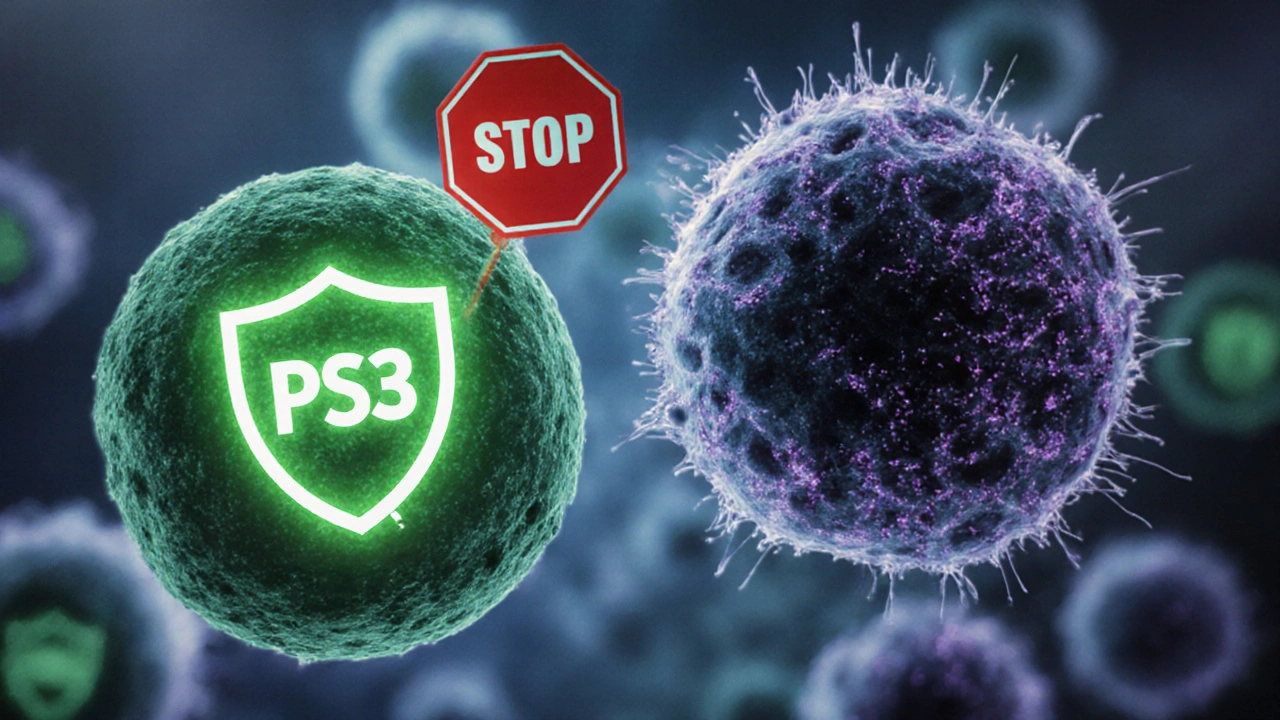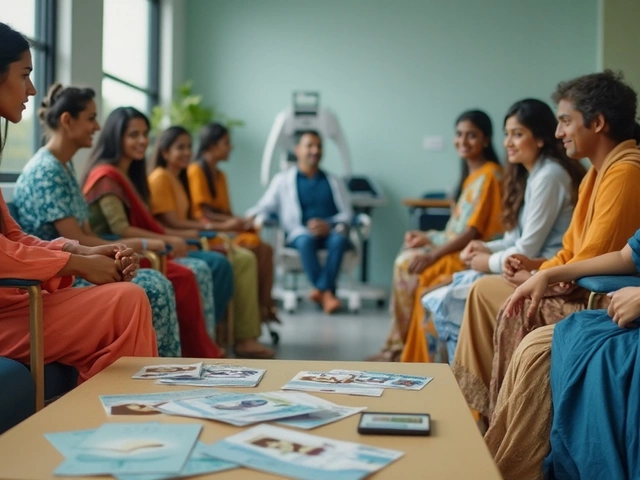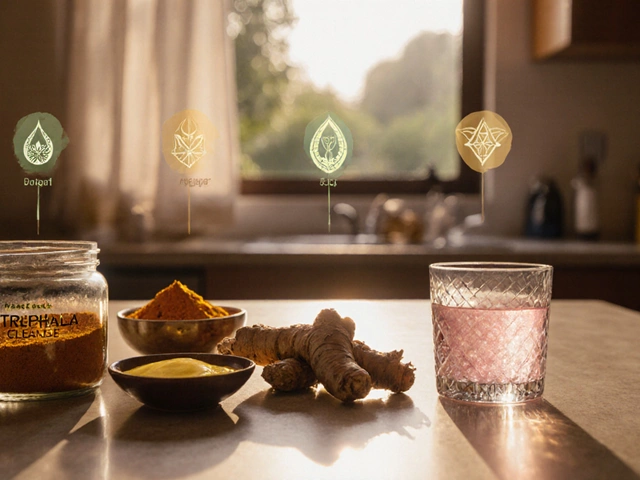Cancer: What You Need to Know Today
Facing cancer can feel overwhelming, but getting the right info fast makes a big difference. Whether you’re a patient, a caregiver, or just curious, this page gives you quick, practical answers about treatment options, warning signs, and real‑world stories that matter.
Top Treatments Changing the Game
In the last few years, doctors have rolled out several new approaches that are reshaping cancer care. Chemotherapy is still a backbone, but it’s now paired with targeted therapy that attacks only the cancer cells carrying specific gene markers. Immunotherapy, which trains your own immune system to hunt down tumors, has helped many people beat cancers that once seemed untreatable. Radiation therapy has become more precise, sparing healthy tissue while zapping tumors. For patients with certain cancers, a combination of these methods—often called multimodal treatment—offers the best chance of remission. If you’re weighing options, ask your oncologist which of these newer tools fit your type and stage.
Spotting Early Signs and When to Act
Early detection saves lives, and the clues are often simpler than you think. Unexplained weight loss, persistent fatigue, and a lump that doesn’t go away are classic red flags. Changes in skin—like a new mole or a spot that changes color—should also raise concern. If you notice blood in urine, stool, or coughing up blood, get checked right away. Trust your gut; a quick doctor visit can lead to tests that spot cancer before it spreads.
When a diagnosis arrives, the next step is figuring out if the cancer is curable. Factors like the stage (how far it has spread), the type (some cancers grow faster), and your overall health all play a role. Early‑stage cancers often have higher cure rates, while advanced stages may focus on controlling growth and improving quality of life. Knowing where you stand helps you and your team set realistic goals.
Stories of people beating stage 4 cancer are rare but powerful. Survivors often credit a mix of aggressive treatment, a supportive network, and a mindset that keeps them active in their care. These accounts remind us that statistics don’t tell the whole story—individual outcomes can vary widely, and hope isn’t lost even in tough situations.
After finishing chemotherapy, many wonder how long recovery will take. Most people notice that energy levels climb slowly over weeks to months. Side effects like nerve tingling or memory lapses—sometimes called “chemo brain”—can linger, but staying active, getting proper nutrition, and doing gentle exercises speed up healing. Talk to your care team about rehab programs that tailor activities to your strength.
When cancer reaches a terminal stage, the body starts shutting down organ by organ. The lungs often fail first, leading to shortness of breath, but the exact order can differ. Palliative care focuses on easing discomfort, managing pain, and supporting families through this transition. Knowing what to expect can reduce fear and help you plan for a dignified end‑of‑life experience.
For those who want deeper information, our blog hosts detailed guides on each of the topics mentioned above. Each article sticks to plain language, so you won’t need a medical degree to understand it. Bookmark the pages, share them with loved ones, and use the tips to ask smarter questions at your appointments.
Remember, cancer isn’t a one‑size‑fit‑all condition. The best approach mixes up‑to‑date treatments, early detection habits, and emotional support. Keep this page handy, stay curious, and don’t hesitate to reach out to your healthcare provider when something feels off. Your health journey is personal—arm yourself with clear, reliable info and you’ll be better prepared for whatever lies ahead.
